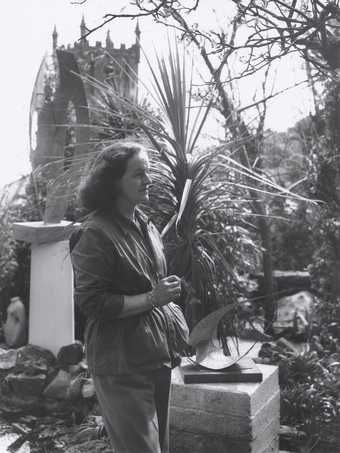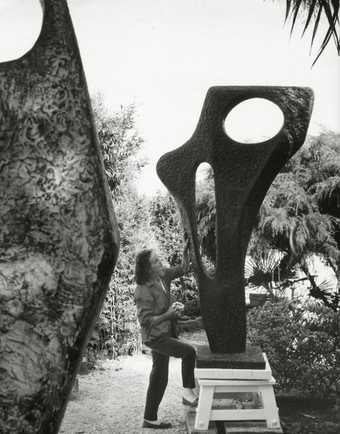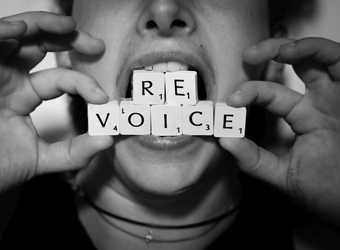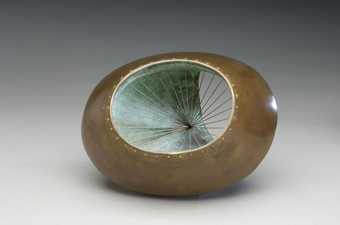Pragya Agarwal is the author of (M)otherhood: On the choices of being a woman in addition to three other widely acclaimed nonfiction books for adults on racism, gender bias and reproductive rights, and a picture book for raising non-racist children. Her latest book, Hysterical: Exploding the myth of gendered emotions was one of The Telegraph’s best big ideas books of 2022, as well as Waterstones and The i newspaper’s best non-fiction of 2022. Pragya is a professor of social inequities, behavioural and data scientist, and founder of a research think-tank investigating gender inequities.
Jody Day is the British founder of Gateway Women, the global advocacy & support network for childless women founded 2011, and the author of Living the Life Unexpected: How to Find Hope, Meaning and a Fulfilling Future Without Children (Pan Macmillan). Chosen as UK Digital Woman of the Year in 2021. She is an internationally respected thought leader on female involuntary childlessness, a psychotherapist, a two-times TEDx speaker, a founding and former board member at Ageing Without Children and a former Fellow in Social Innovation at Cambridge Judge Business School. She is also an Ambassador for World Childless Week and an Advisor at the New Legacy Institute.
Kerri ní Dochartaigh is a mother and writer from the North-West of Ireland, now living in Clare with her family. As well as these, she makes and mends; sows and grows; swims and walks. She writes about nature, literature and place for The Guardian, The Irish Times, the BBC and others. Her first book, Thin Places, was published by Canongate in Spring 2021, for which she was awarded the Butler Literary Award 2022, and highly commended for the Wainwright Prize for Nature Writing 2021. Her second book, Cacophony of Bone, is coming out in May 2023 with Canongate.
Hettie Judah is chief art critic on the British daily paper The i, a regular contributor to The Guardian, and a columnist for Apollo magazine. Following publication of her 2020 study on the impact of motherhood on artists’ careers, she worked with a group of artists to draw up the manifesto How Not To Exclude Artist Parents. She is co-founder (with Jo Harrison) of the network and campaigning organisation Art Working Parents Alliance. Recent books include How Not To Exclude Artist Mothers (and other parents) (Lund Humphries, 2022) and Lapidarium: The Secret Lives of Stones (John Murray, London, 2022/ Penguin, NY, 2023). She is currently working on a Hayward Touring exhibition and book On Art and Motherhood.
Holly Slingsby is a visual artist working in performance, video and painting. She studied at the Ruskin School of Art, Oxford University; and the Slade School of Art, London. Her visual language reflects a fascination with iconographic traditions, drawing on Biblical imagery, mythologies, and contemporary culture. Much of her recent work seeks to convey the often unspoken experience of infertility. Slingsby’s work has been shown at Turner Contemporary, Margate; Bòlit, Centre d'Art Contemporani, Girona; Tintype, London; DKUK, London; Matt’s Gallery; Spike Island; Modern Art Oxford; Freud Museum, London; CCC Barcelona; LABS Bologna; ICA, London; FEM Festival, Girona; Art Licks Weekend, London; and Barbican, London.
Sophie J Williamson is a curator based in London and Margate. She is initiator and convenor of Undead Matter, an on-going programme focused on the intimacy of being with dying and its dialogue with the geological. From 2013-2021, she was Exhibitions Curator at Camden Art Centre, and was previously part of the inaugural team at Raven Row, (2009–13).
Lucy Willow works in sculpture and drawing to create installations that tell stories of loss and grief. At Sea Again, 2018 is a memorial artwork video installation depicting the scattering of her son’s ashes off the coast of Cornwall in 2016. In 2020 Lucy set up the project DUST, which contained a collection of broken artefacts, inviting visitors to tell their stories and share experiences of grief through the lens of the objects displayed. The Dust of Objects (2022) was presented at the conference Death and Culture 4 at York University. Published work includes The last Portrait, in Malady and Mortality: Illness, Disease and Death in Literary and Visual Culture (2016).





